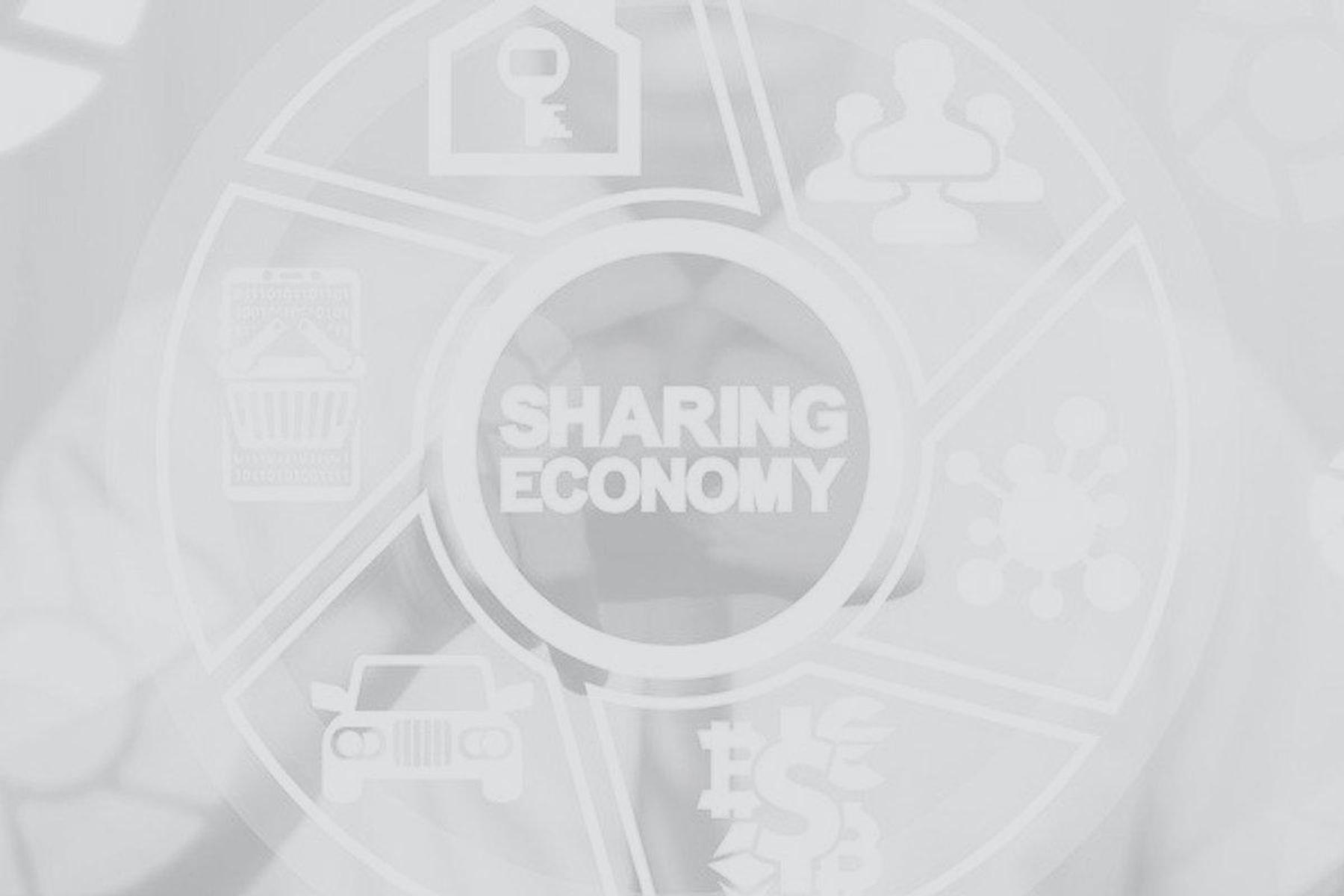The golden days of the sharing economy
In the past decade, we've witnessed the rise of sharing platforms for a range of goods and services – from rides (Uber) and hospitality (Airbnb) to furniture (Peerby). Their premise is simple: they provide temporary access to goods and services in peer-to-peer markets, often enabled by advanced technologies.
Propelled by the 'access over ownership' trend and low-capacity utilization of assets such as vehicles and holiday homes, the sharing economy has thrived. In 2020, 11 years after being founded, Uber saw its valuation soar to $51bn. Last year, Airbnb, which was founded in 2008, had an estimated worth exceeding $40bn. Peerby, a Dutch peer-to-peer item rental platform for everything from furniture to cargo bikes and beamers, may not be as major as sharing behemoths Uber and Airbnb – but it has still attracted millions in growth capital over the past few years.
Pandemic hits sharing platforms hard
The rise of the sharing economy has come to a grinding halt with the outbreak of COVID-19. The general lack of demand for many goods and services – either shared or not – has hit sharing platforms hard. Demand for leisure travel and accommodations has dried up due to lockdowns and social distancing rules across the globe. On top of that, business travel has largely disappeared in the age of remote working. Both Uber and Airbnb are suffering. Their incredible year-on-year growth figures have been replaced by steep declines in bookings and revenue warnings. In April, Uber rides were down 80% compared to 2019. And 90% of Airbnb bookings are getting canceled.
What will happen to sharing platforms in the post-pandemic world?
So, will the pandemic reverse the rise of the sharing economic? Well, it's more likely to hit the pause button. No one knows when life will get back to normal, but the general consensus is that it's a matter of 'when' – not 'if.' Once it does, people will need shared rides and home stays again. For the original drivers of the sharing economy[1], which include the opportunity for extra income or cost saving and the ever-present availability of products and services, will persist. An additional key driver is that people enjoy helping others as well as the social experience that comes with it.
It can even be argued that these drivers will be reinvigorated after the pandemic. After lockdowns are lifted and social distancing rules are relaxed, people will look for opportunities to make up for lost income more than ever. They'll cut costs or try and earn some extra bucks. And after months of social distancing, everyone will value authentic social interactions like never before.
Prerequisite for future success: cleanliness
But there's a twist. Having an easy-to-use platform full of attractively priced rides, accommodations, or cocktail tables will no longer suffice. To succeed, platform users have prioritized something else: not getting infected. Over the past few months, consumers have gotten used to a higher standard of cleanliness. Several airlines and hotels have already begun to implement cleanliness programs. And rightly so. Excellent hygiene practices have become a requirement for sharing platforms that want to avoid losing customers and grow their customer base again.
The future looks bright (and clean!)
As COVID-19 measures are relaxed and life gets back to normal, the sharing economy will rise again. Sharing platforms could even be accelerated after the pandemic. But avoiding infection will be platform users' key priority, which introduces a potential competitive differentiator: customers might prefer to hail the cleanest rather than the cheapest ride.
[1] Source: Hawlitschek, Florian & Teubner, Timm & Gimpel, Henner. (2016). Understanding the Sharing Economy—Drivers and Impediments for Participation in Peer-to-Peer Rental.

